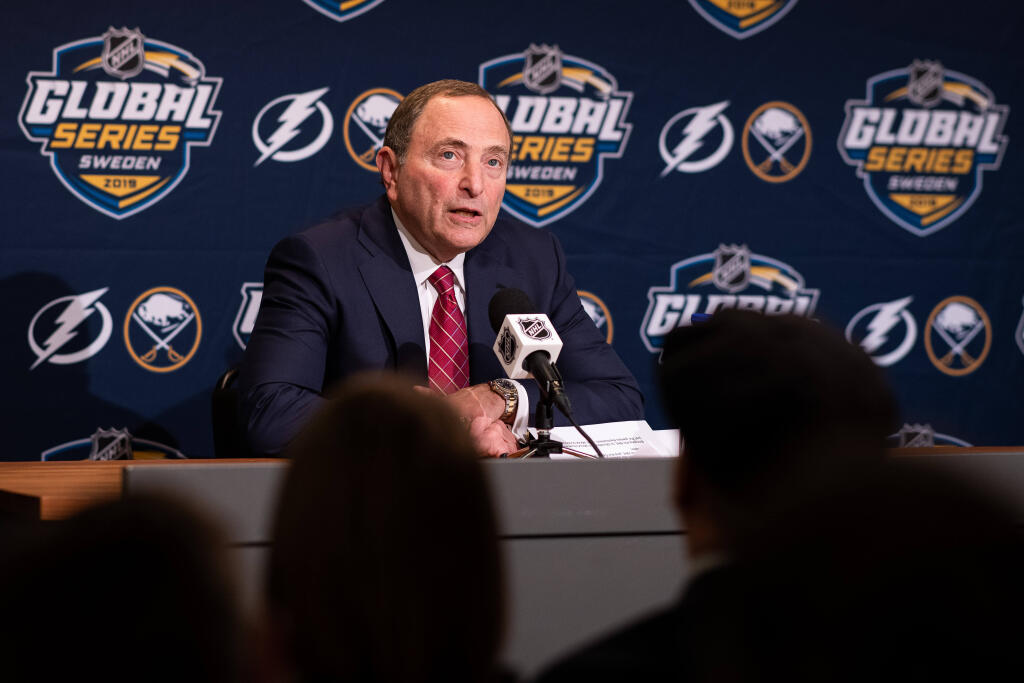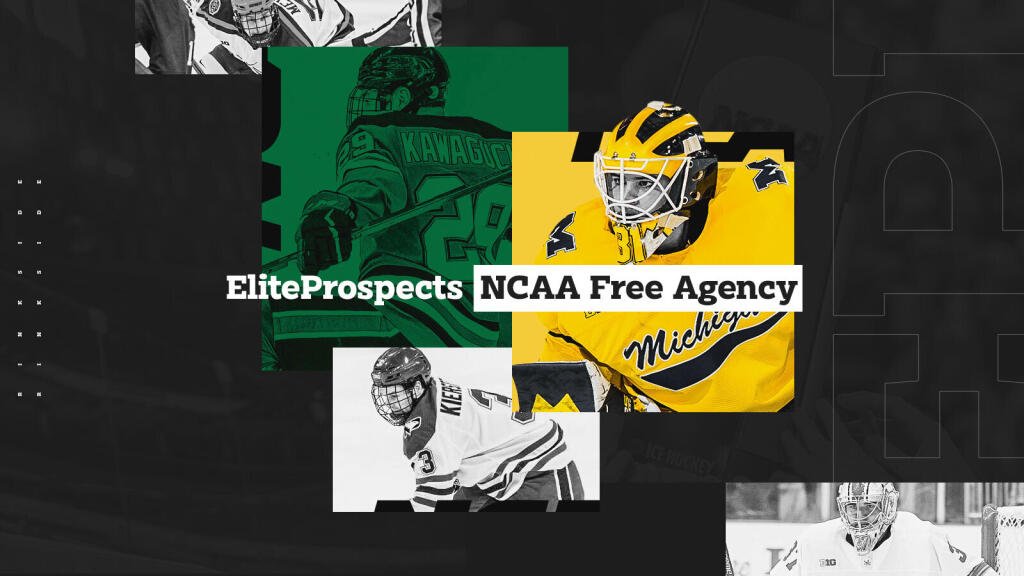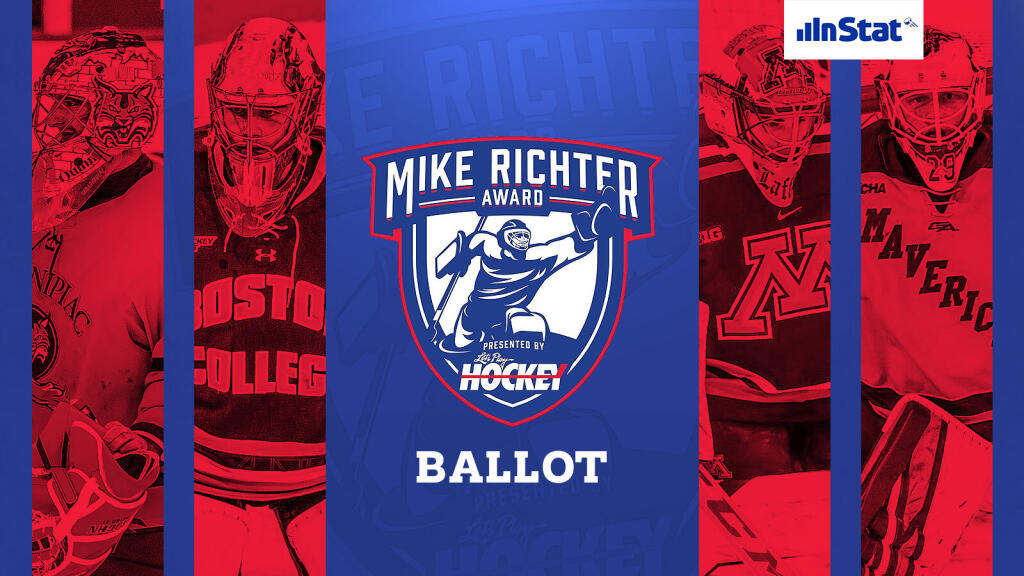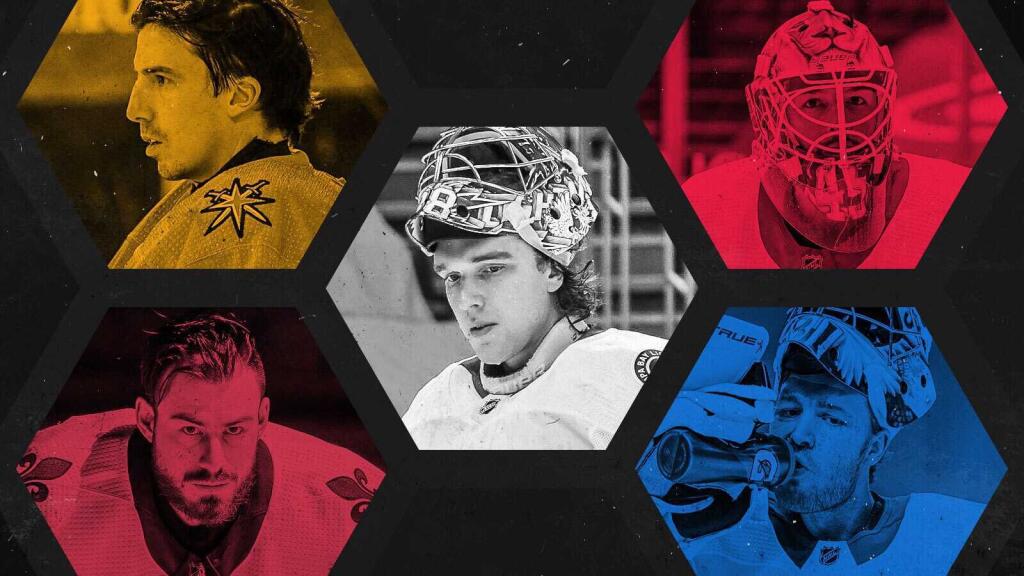NHL officiating deserves to be under a microscope

I can’t bring myself to care very much about the specific latest scandal in the world of NHL officiating, in which long-time referee Tim Peel was caught on a hot mic saying that he knew a penalty call on the Nashville Predators was ticky-tack but he felt he needed to call a penalty on them.
Y’know, just for the sake of keeping it fair.
The NHL shoved Peel out the door a month before his scheduled retirement and will no doubt dust off its hands as if it accomplished something. Unfortunately, Peel is just the personification of a lot of the problems that have been coming up more and more in league-wide conversations of late.
The problem with this whole thing, as voiced by Peel, is that NHL games from October to June are called not on the basis of whether one team is committing more penalties than the other, but whether the number of calls in the game are distributed more or less equally. The Athletic recently found that more than three in every five NHL games end with teams within one penalty of each other, and if you expand that to plus-or-minus-two, it’s almost 90 percent. Even the refs who are least likely to call a game within a single penalty on either side, no one dares do it less than 53 percent of the time. Incredible.
The idea that 90 percent of NHL games feature roughly the same number of penalties being committed by each team is absurd on its face, but it’s something we’ve come to expect. We’ve all heard how refs “put the whistles away” or “will be looking for any excuse to call something” and “game management” and any number of other excuses for this behaviour, but let’s call it what it is: Refs and by extension the league just want to make sure no one is mad at them, and never being able to be told they’re doing a bad job.
Let’s put it this way: People in Toronto still complain about a Kerry Fraser penalty call that’s older than most current NHLers and it seems like there’s a new article every year or two in which Fraser “finally explains everything” to the satisfaction of no one.
One thing you have to admit, though, is that it’s easy to see why: There’s a self-perpetuating cycle. If refs call games unevenly — despite the fact that most games don’t feature an even number of penalties — coaches and players will whine that it’s not fair to them. And they will go above refs’ heads, no doubt, to complain to league brass about “we’re not getting enough calls to go our way.” So the directive, because no one wants to deal with whining, is to throw ‘em a bone, make sure no one gets their feathers ruffled.
Fast forward however-many years later and refs are basically gritting their teeth three times a game to call something to uphold the perception of fairness, but not fairness itself.
It’s not a total 1-to-1 thing, but the league does not do enough to protect its stars. Kris Versteeg recently had a minor viral hit on his hands with a video package of how there aren’t enough penalties called on the various infractions against star players. As recently as a few years ago, the league leaders in penalties drawn per 60 minutes were mostly third- and fourth-liners, while stars like Connor McDavid and Johnny Gaudreau ranked surprisingly low (ranking 120th and 72nd, respectively).
This season, things are a little better: Evolving-Hockey says McDavid ranks 20th in minor penalties drawn per 60 minutes, and other higher-end guys like Conor Garland (seventh) Brady Tkachuk (eighth) are up there as well. But the top five as it stands ahead of Thursday’s games: William Carrier, Lias Andersson, Ross Colton, Brendan Lemieux, and Derek Ryan.
Again, it’s not totally 1-to-1; those guys might do stuff that does result in more infractions, but it’s absurd to suggest that McDavid wouldn’t be higher if officials weren’t afraid to be perceived as over-calling penalties. Because if you do call every time an opponent hooks, holds, slashes, interferes with or trips McDavid, that probably nets the Oilers like five more power plays a game or something, right?
The other thing that you have to talk about in all this is that there is a perception that penalties — and the resulting power plays — affect the outcome of the game more significantly than uncalled penalties. For instance, given how effective the Oilers are on the power play, the idea that if you gave them a few extra looks per game just because McDavid actually drew all those penalties, damn suddenly Edmonton is running up the score.
You can say the same thing for any number of high-end talents, though: David Pastrňák is 113th in minor penalties drawn per 60 this year. Auston Matthews ranks 191st. Patrick Kane is 457th!
The people who say that materially affects the outcomes of games are absolutely right, just not in the way they think: Calling the game by the letter of the law would put even more of a premium on high-end talent and teams would have incentive to covet those players even more than they already do.
Everyone even vaguely associated with hockey seems to want to get scoring up. This would be the way to do it, but then again people also didn’t like how many penalties came out of the early days of the salary cap world, when there was a legitimate crackdown on interference and the average game featured more than 11.5 power plays. Today, that number is down to a little over six. Obviously, games with a whistle every 45 seconds aren’t the most watchable, so this is an understandable concern as well.
I’ve always been ambivalent about the impact of “emphasizing” certain rules. If the league says it’s cracking down on slashes to the gloves, and calls a lot of penalties on that type of play early in the season, it’s said that guys adapt. But I’ve always wondered if refs just stop calling those infractions in December or January, and let things go back to how they always were.
If the NHL were to “emphasize” that, starting next year, this will be a free-flowing league and every instance of minor penalties will now be called appropriately, penalties would go up, and everyone would gripe but say, “Hey if this is what it takes to clean up the game…” But how long would it be before holding became an epidemic again? A couple months? A full season? Certainly, we could at the very least expect to see its return in the postseason, right?
This is a top-down problem that requires a top-down solution, but I suspect no one would actually stand for it. For whatever else you may think of him as an official, Peel is a victim here. You can’t blame this ref or any other for calling the game this way; it’s how they’re supposed to call it. The hockey world at large seems to want the game called this way, even if people would tell you otherwise.
That could change in a heartbeat this summer if the league wanted to actually shift how the sport is called, but it won’t. Because this is hockey and you gotta keep it fair.
 2021-03-25, 02:32NCAAThe EliteProspects Rinkside Guide to 2020-21 NCAA Free Agency in the NHLJ.D. Burke and Mitch Brown are binge-watching tape, exhausting their long-distance minutes, and running the numbers to provide the most thorough guide to this year's crop of NCAA free agency available in the public sphere.
2021-03-25, 02:32NCAAThe EliteProspects Rinkside Guide to 2020-21 NCAA Free Agency in the NHLJ.D. Burke and Mitch Brown are binge-watching tape, exhausting their long-distance minutes, and running the numbers to provide the most thorough guide to this year's crop of NCAA free agency available in the public sphere. 2021-03-25, 17:30NCAAA thorough review of the candidates for the NCAA's 2020-21 Mike Richter AwardRyan Lambert takes a look at this year's nine finalists for the Mike Richter Award, granted to the best goalie in college hockey at the end of the season, and explains with data from InStat how his ballot shakes out (kind of).
2021-03-25, 17:30NCAAA thorough review of the candidates for the NCAA's 2020-21 Mike Richter AwardRyan Lambert takes a look at this year's nine finalists for the Mike Richter Award, granted to the best goalie in college hockey at the end of the season, and explains with data from InStat how his ballot shakes out (kind of).


